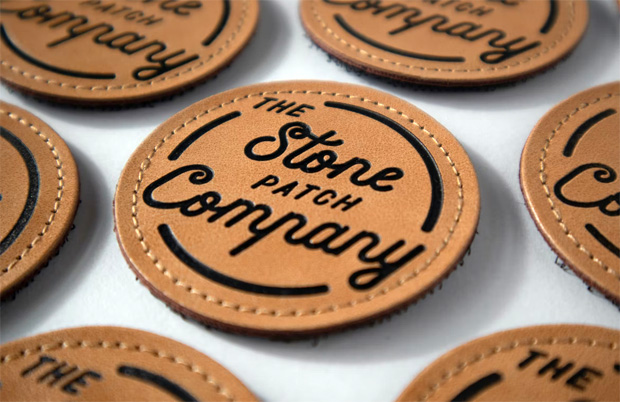How To Keep The Rights To Your Business

How To Keep The Rights To Your Business
One of the fastest-growing legal work areas is intellectual and property rights. The technological era has brought a generation of self-starters and investors, and many people are capitalising on their investments and ideas by starting their businesses.
Protecting the rights to a business falls under ‘trademarking’ and ‘patenting’. This article will explore what these terms mean and how you can ensure you maintain the rights to everything you’ve worked so hard to create.
Trademark & Patent Application and Maintenance
Brand owners who want to trademark or patent their business will have to do this manually through a government website or a legal firm.
Applying for both of these can be a stressful and admin-heavy process, so employing a legal firm to help is often the best idea to save time. Especially in the case of patenting, which is a much longer process – using a firm of professionals could help you get faster results and avoid making mistakes during the application process.
One important thing to note is that trademarks and patents do not last forever; you must renew them to maintain your intellectual rights.
Legal firms who deal with multiple clients trademarking and patents, can also hire external firms to look after renewal and fee maintenance. Many legal firms will spend so much time helping companies to get their rights that they will lack the time for maintenance. External firms will work to assure that your client’s intellectual property rights remain safeguarded and relieve the administrative burden of filing for renewals.
If you are unsure if your business has an unauthorized use of a trademark, it is vital you contact your local Trademark attorney as if the, for example, the logo to your business is actually very similar to another brands which has been trademarked this could turn into a legal issue unless you change it. Remember to keep yourself and your business protected from a potential trademarking case against you by utilising the support of a legal firm, and your business should be safe!

What Is Trademarking?
Trademarking is a legal procedure which safeguards your business’s branding. Trademarking protects words, names, symbols, sounds, and colours representing or distinguishing your branding or services. If anyone copies your branding without consent, if you have a trademark, you’ll be able to press legal charges against them.
Once trademarked, you will be able to put the ‘registered’ symbol next to your brand name (the R in the circle) to prove that it is legally owned and stop people from trying to copy your ideas.
Renewing Your Trademark
You must renew your trademark in increments in the US, and the first renewal will be five years after registration. It is always your responsibility to remember when this date is, as USPTO will not send any notice–so remember to write it on your calendar!
If the deadline is missed, your trademark will be cancelled without notice, and you will need to re-apply, which can be a tricky, long process.

Can a Trademark Be Refused?
A trademark can be refused if it seems too similar to one already registered or isn’t a distinct idea. For example, you will need an actual logo and sense of branding that signifies your brand; if you want your trademark to be processed, you can’t just pick a colour for your brand (e.g. ‘pink’) and try to trademark that as branding.
What Happens If You Don’t Pay Renewal Fees For Your Trademark?
If you don’t renew your trademarking properly, you most likely will lose the rights to your branding. It’s important to pay the fees on time as if your trademark is withdrawn, someone could take your branding concepts and use them, and you will have no legal right to press charges against them for infringement on your property. This could cause massive issues if you decide to trademark again later, as your branding may now legally be owned by someone else.

What Is A Patent?
A patent is another type of intellectual property protection. A patent protects an idea, meaning that nobody can claim your product as their own.
Patents give property rights to an inventor of a product. To be granted a patent, your invention must be:
- Something that can be made or used – it must be something that has a purpose.
- New – it must be a new invention; it can’t be something old that you’ve decided to ‘claim’.
- Inventive – it can’t be a simple modification of something that already exists.
Much like a trademark, Patents need to be maintained with fee payments. The amount paid will depend on the size and type of the company or idea you are patenting; bigger companies will have to pay larger maintenance fees.
In the US, Patents will generally expire twenty years from the date they were first filed. After this, they will require a full renewal.
Can a Patent Be Refused?
A Patent can be refused if the idea is not fully original or something that can’t be ‘owned’. For example, you can’t patent something like a medical diagnosis or mathematical method as these can be ‘invented’ and can’t be owned and sold.
What Happens If You Don’t Pay Patent Renewal Fees?
If you don’t pay your renewal fee, your patent may lapse, and your idea can return to the public domain. The process moves slightly less quickly than when the trademark lapses, so you may be able to claim your rights back within a short time if you can prove that it was a genuine error that kept you from paying your renewal fees.
Guest Article. Contains a sponsored link.





